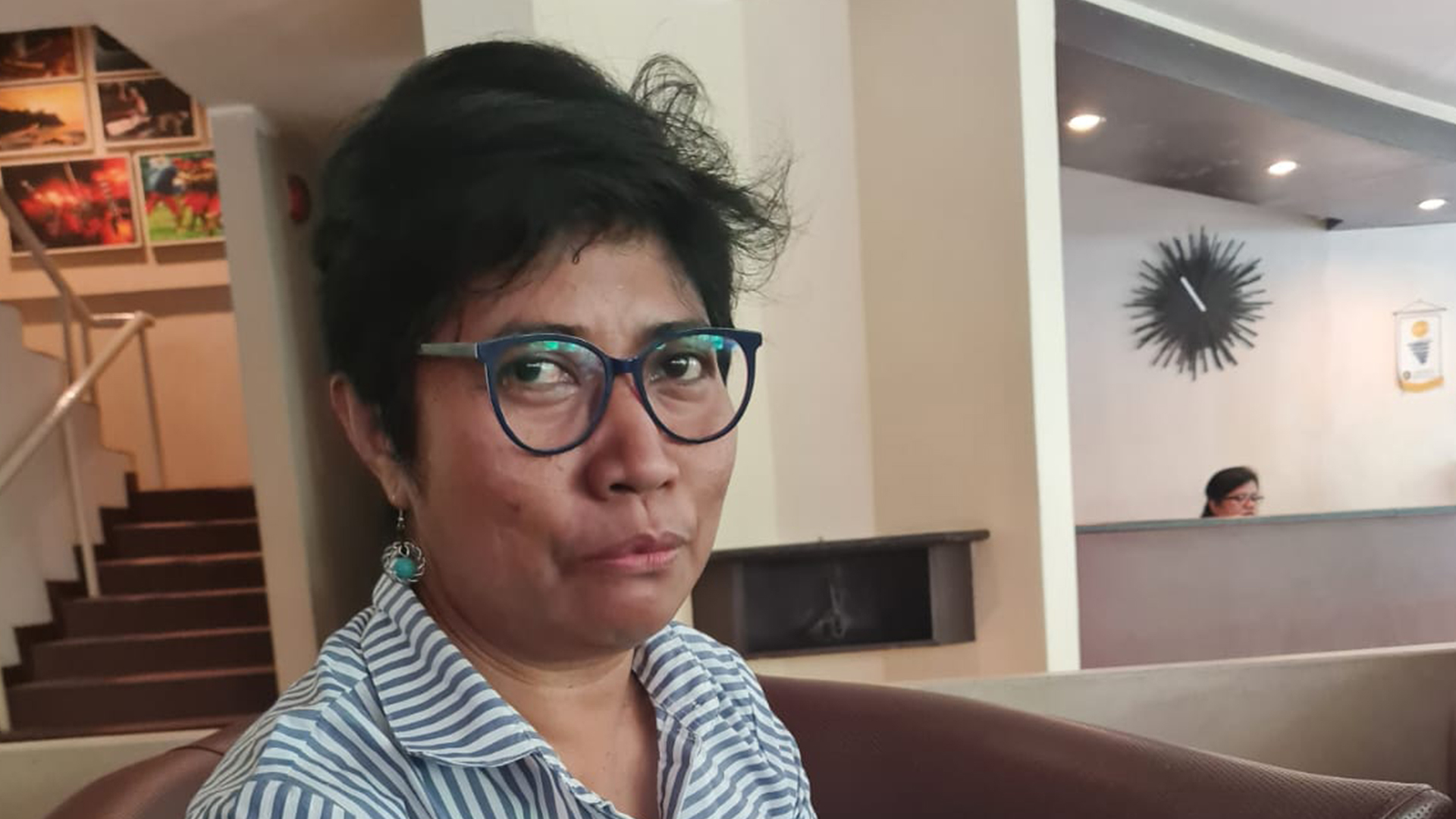Starting Point
It was 1999 when volunteers from the Baileo Maluku Network formed an ad-hoc organisation named Tim Relawan Kemanusiaan (TRK), also known in English as Humanity Volunteer Team. Much of its activities initially focused on providing humanitarian relief during the first year of its establishment, followed by reconciliation and rehabilitation efforts over the next two years. A strategic change was introduced when Himpunan Maluku untuk Kemanusiaan (HUMANUM), or the Maluku Assemblage for Humanity, was established in place of TRK during a Baileo Maluku assembly in February 2003.
As the conflict dwindled, its mandate transitioned from providing emergency relief to advocating for the marginalised indigenous peoples of Maluku. It aims to strengthen the autonomy of indigenous communities and their economic entities in regulating their members and the use of natural resources. It also has several provisions regarding gender equality, such as recognising the rights of indigenous women and promoting gender equality within the bureaucracy of Indigenous villages.
Peace Journey
Moreover, HUMAHUM existed in the complex administrative situation in Ambon. In this case, there is a substantial disconnection between the Indonesian official village bureaucracy and the indigenous peoples’ village bureaucracy. The official administration requires the appointment of a village head through a public election. In contrast, Indigenous peoples firmly believe that their village head, “Raja Negeri”, must be the descendant of the previous ruler. The Maluku government offered a compromise to the indigenous villages, known as “negeri”. The Negeri are allowed not to hold a public election to elect their Raja Negeri. However, the Maluku government will have the authority to appoint its public servants as the acting village head. Although a compromise was reached, it did not fully satisfy both parties. A few negeris in West Seram Regency are threatened with conversion to nontraditional villages, although they risk losing their communal rights to Indigenous land. The rest of the negeris are forced to live under the command of the acting village head, which is not precisely ideal according to their customs.
HUMANUM seeks to mitigate the friction and prevent the emergence of conflict from this dubious status quo. It enacts reconciliation efforts by building the capacity of indigenous peoples to verify information and negotiate their way out of conflict. Another way is to hold intra- and inter-negeris focused group discussions for Indigenous peoples to relearn their governing system, which has been passed down for generations. Besides that, it also advocates for the participation of women in governing the negeri by citing several indigenous norms that value women. However, such an idea hasn’t received much reception among the negeri elites.
Success Stories
In carrying out their duty, Elvira “Vivi” Marantika, Director of HUMAHUM, as well as her colleagues, often receive security threats while travelling to remote areas and small islands. The threats were exponentially more dangerous for fellow female activists, especially when they were advocating for more women in leadership positions. Female activists have specific vulnerabilities compared to men, as they are more likely to be victims of sexual violence, and they have to deal with menstruation, pregnancy, childbearing, and nursing during the length of their careers.
That said, it did not hinder her advancement of gender equality as a female activist. Through HUMANUM, Vivi and her colleagues advocate for indigenous women whose occupation is to gather fish and crustaceans, to change the formal occupation on their identity cards from "housewife" to "fisherwoman" so that they can apply for fishermen's insurance programmes. HUMANUM also campaigns against child marriages, which often occur in Indigenous communities.

